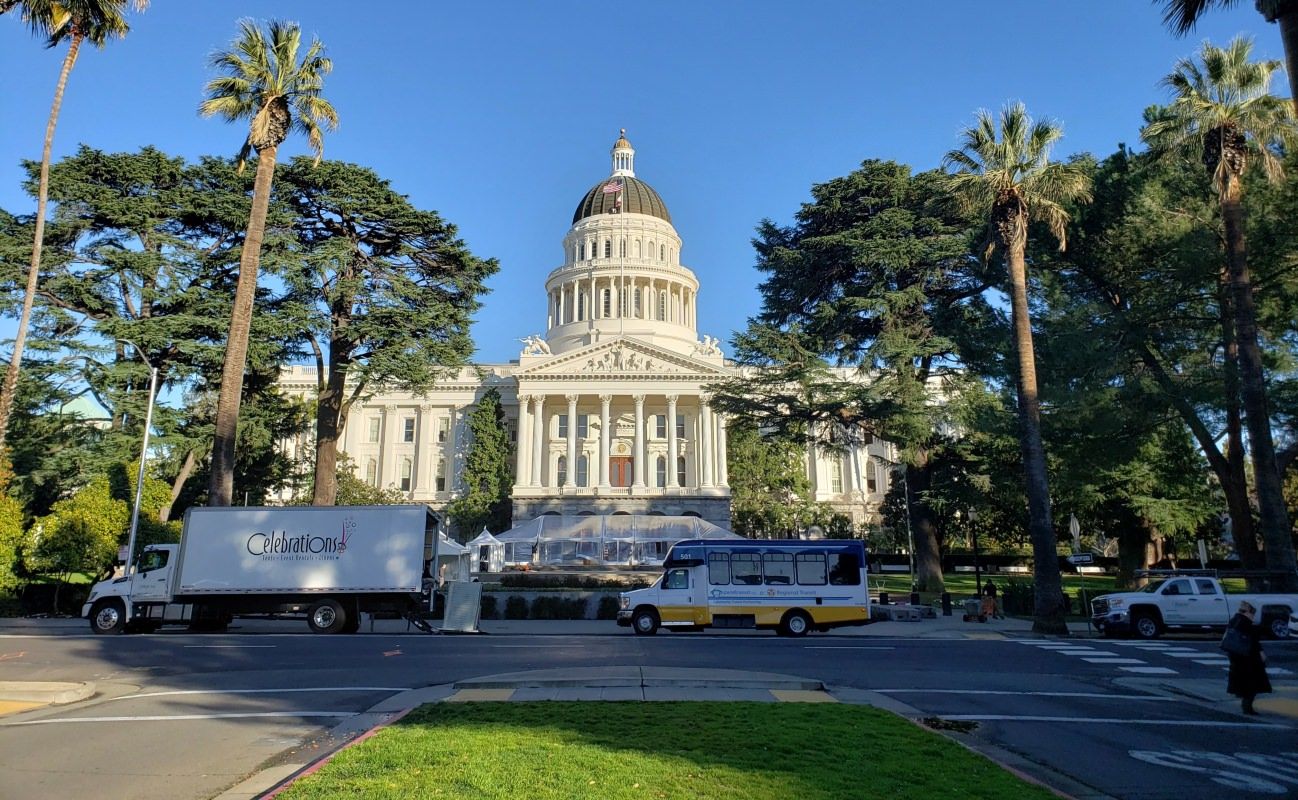Problems with the software release for the Washington state cannabis traceability system persist, as state regulators on Thursday announced a workaround for marijuana business-to-business transfers.
The state’s response comes after a problematic software rollout that cost businesses significant losses was said to be fixed on Wednesday.
The Washington State Liquor and Cannabis Board (LCB) issued a release Thursday identifying a “work stoppage connected to lab results preventing manifests and transfers.”
This is part of an ongoing problem for Washington cannabis companies.
On Saturday night, the LCB and Denver-based MJ Freeway – which provides the state’s traceability product, Leaf Data Systems – attempted a software release that was to take 33 hours to complete.
The software release lasted longer than expected, resulting in thousands of dollars in lost sales for producers, processors and retailers.
After the software release went live on Tuesday, the system went back down again. The LCB then announced to licensees on Wednesday morning that the software release had been completed and the system was back up.
However, the LCB on Thursday asked cannabis companies to use a webform manifest “to alleviate flow blocks.”
“All documentation to support your manifest and transfer must be maintained in your records,” the LCB stipulated.
Agency spokesman Brian Smith said the situation is an “easy fix” and expects the problem to be resolved “soon.”
The LCB advised marijuana businesses to use the traceability workaround until further notification.
“The current WA Leaf Data System was designed to be strictly compliant with the structure put in place by the WA LCB,” Leaf Data Systems spokeswoman Jeannette Horton said in a statement to Marijuana Business Daily.
“The system is performing per the specifications given to us by the LCB. Any questions about handling product that doesn’t comply with the current LCB testing guidelines should be addressed to the state.”
Retailer Bob Ramstad, owner of OZ. Recreational Cannabis in Seattle, said Thursday that extractors couldn’t create the necessary manifests to sell product to his stores or other businesses.
For example, if a processor made a concentrate from a producer’s flower, it was unable to send the product back to the producer.
“We’re still seeing widespread problems,” Ramstad said. “Some vendors have already completely given up on delivering anything this week.”
As for the webform manifest, he said, “they think this is a workaround, when it is not.”
According to Ramstad, his store will not accept the temporary manifests unless the situation persists for a week or two and becomes “dire.”
“I suspect most retailers won’t even know what to do if someone shows up with one of these,” he added.
Bart Schaneman can be reached at barts@mjbizdaily.com




